Meet Cork’s Queen Bean, chef Ali Honour
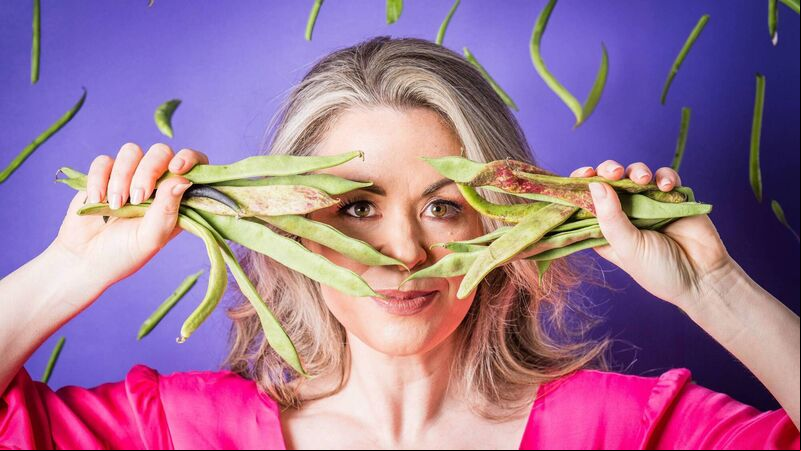
Cork Chef Ali Honour launching a new phase in her career as she embarks on a new consultancy and advocacy role that aims to bridge the gap between farm and fork and help food businesses who aspire to operate in a more sustainable way. Picture: Joleen Cronin
ACCLAIMED Cork-based chef, Ali Honour, formerly of Ali’s Kitchen and The Imperial Hotel, is a champion for the Beans Is How campaign, which aims to double global consumption of beans by 2028.
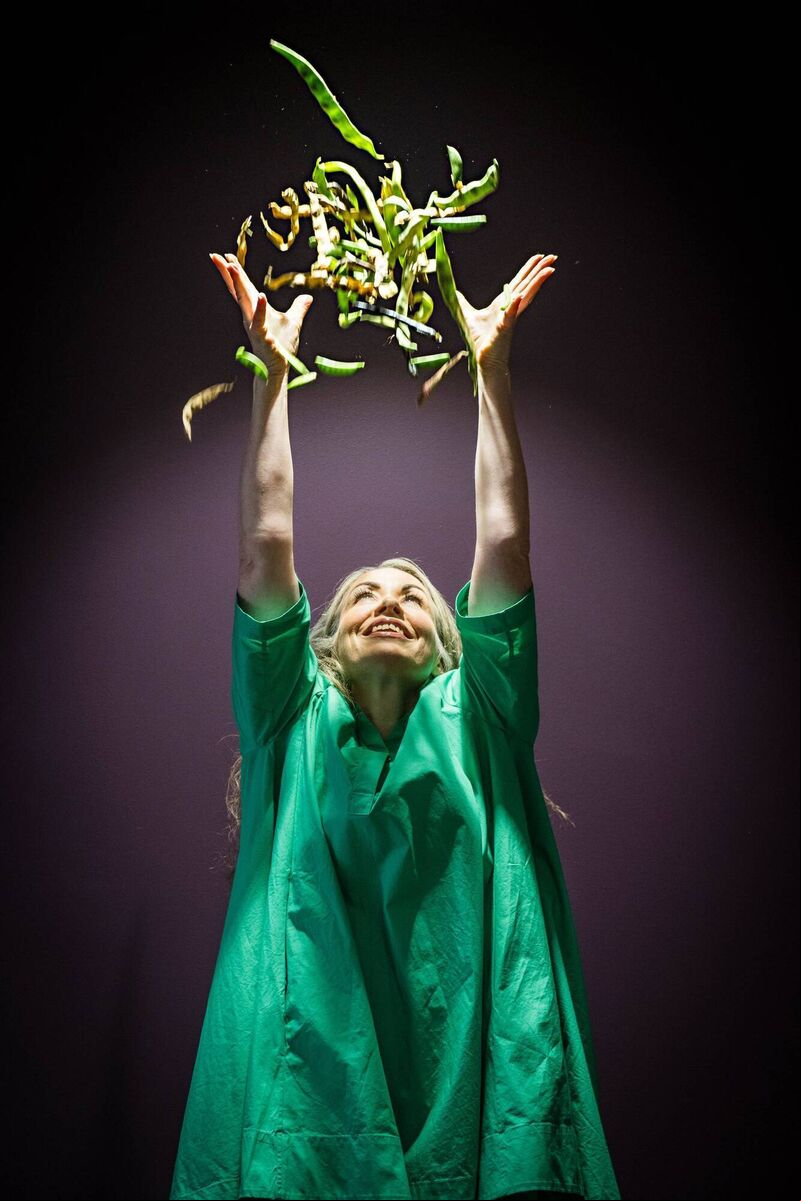
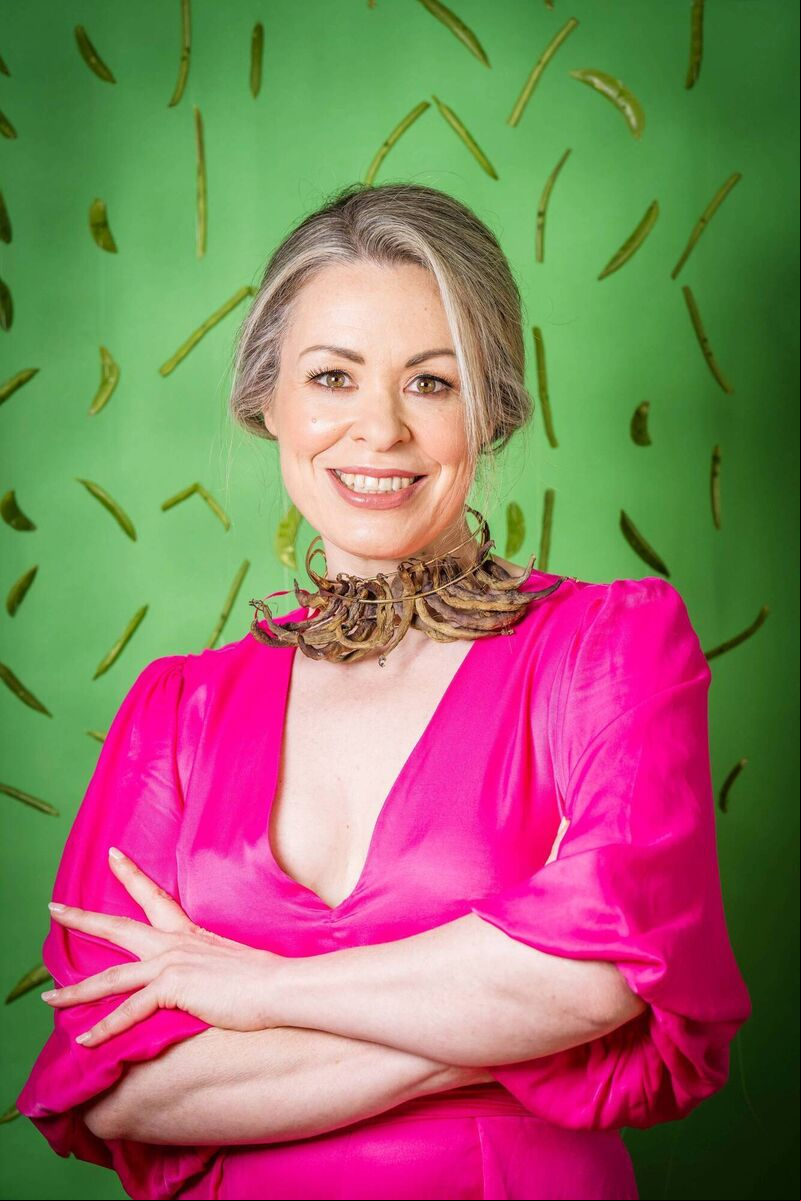

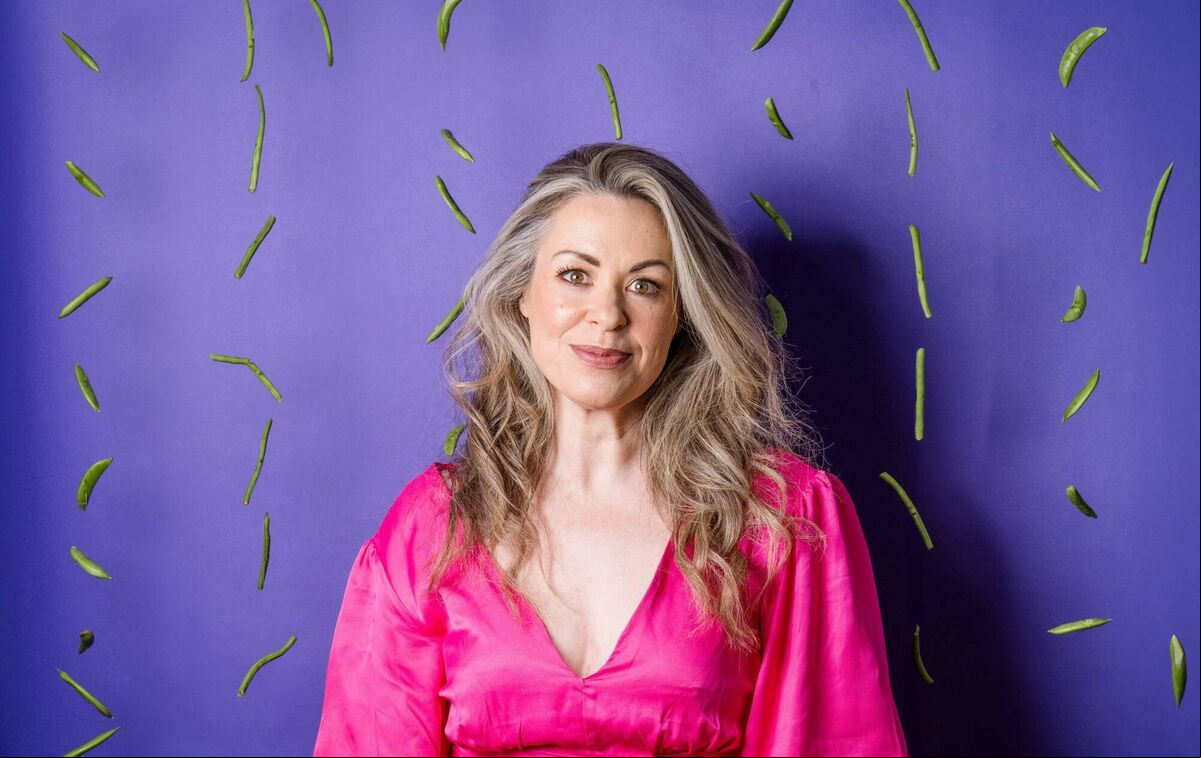


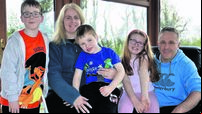
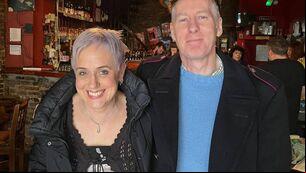



 App?
App?


